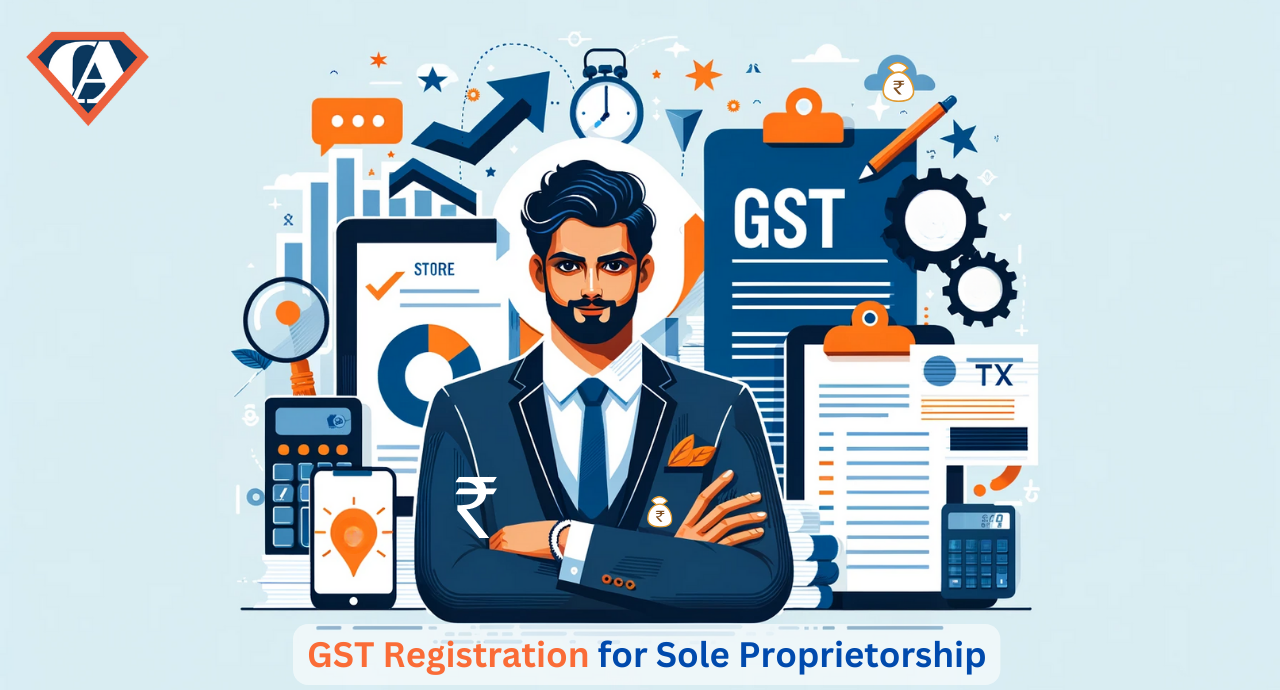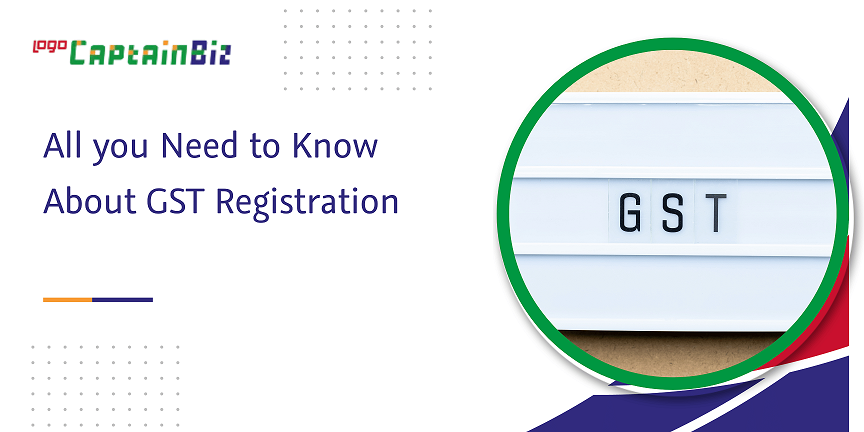How to Navigate Singapore GST Registration for Your Business
How to Navigate Singapore GST Registration for Your Business
Blog Article
The Ultimate Guide to Simplifying the GST Enrollment Process and Demands for Small Organization Owners

Comprehending GST Basics
To realize the principles of the Item and Services Tax (GST) system, small business proprietors should first understand its underlying concepts and implications. Under the GST regime, organizations are needed to sign up and accumulate tax obligation on behalf of the government, making sure transparency and conformity.
One of the key principles of GST is input tax obligation credit, which allows organizations to declare credit history for taxes paid on their purchases. This mechanism prevents the cascading impact of taxes and advertises efficiency in the tax obligation system. Furthermore, GST is a destination-based tax obligation, indicating that the tax is imposed at the factor of intake as opposed to the factor of origin. This guarantees reasonable distribution of tax earnings amongst states based upon where the items or services are consumed. Comprehending these fundamental principles is important for small company owners to browse the intricacies of the GST system and make certain compliance with the legislation.
Eligibility Requirements for Enrollment
Having actually developed a foundational understanding of GST concepts, tiny service proprietors need to currently satisfy details eligibility requirements to continue with the registration process (Singapore GST Registration). Services that were signed up under the previous tax routine (VAT, service tax obligation, and so on) are additionally mandated to register under GST. Farming businesses that just provide generate out of main production are excluded from GST enrollment.
Papers Required for GST Enrollment

Simplified Registration Refine Actions
Adhering to the collection and confirmation of the requisite records, the registration process for Click This Link GST can be navigated with a series of simplified steps made to help with effective compliance for local business proprietors. The primary step includes going to the GST site and selecting the 'New Registration' choice. Ultimately, the applicant should fill out Component A of the GST REG-01 form with information such as PAN, mobile number, and e-mail address to obtain an OTP for verification. As soon as the OTP is received and gotten in, a Short-lived Referral Number i was reading this (TRN) is generated for further proceedings. The following step needs filling in Part B of the type with needed organization details, posting supporting records, and completing the confirmation process making use of DSC or EVC. Ultimately, upon successful confirmation, an Application Recommendation Number (ARN) is issued, indicating the conclusion of the GST enrollment process. By adhering to these simplified actions, local business proprietors can effectively register for go GST and ensure compliance with tax obligation policies.
Tips for Ensuring Conformity
To preserve regulatory adherence and operational integrity, diligent oversight and proactive measures are pivotal in guaranteeing compliance with GST requirements for little service proprietors. Tiny company proprietors need to stay upgraded with GST guidelines, filing target dates, and any type of adjustments in tax obligation prices to avoid penalties and keep a great standing with tax authorities. Participating in GST recognition workshops or training programs can enhance understanding and conformity with GST policies, inevitably profiting the business in the lengthy run.
Verdict
Finally, small business proprietors have to comprehend the basics of GST, fulfill the eligibility standards, collect required documents, and comply with the streamlined enrollment process actions to make sure conformity. By simplifying the GST registration procedure and needs, local business owners can avoid penalties and run their services smoothly within the lawful structure - Singapore GST Registration. It is important for small company owners to remain certified and enlightened with GST guidelines to maintain a successful organization procedure
Small service owners seeking GST enrollment should ensure they gather and submit the required files to finish the registration process efficiently. The papers needed for GST enrollment normally consist of evidence of company registration or incorporation, FRYING PAN (Permanent Account Number) card of the organization entity, identification and address proof of the promoters/partners/directors, photos, address proof of the place of company, bank account statements or terminated cheques, and authorization types. Attending GST awareness workshops or training programs can improve understanding and conformity with GST laws, inevitably profiting the organization in the long run.
By simplifying the GST enrollment procedure and requirements, tiny organization owners can avoid charges and run their businesses efficiently within the legal framework. It is important for small service proprietors to stay educated and certified with GST policies to keep an effective company operation.
Report this page